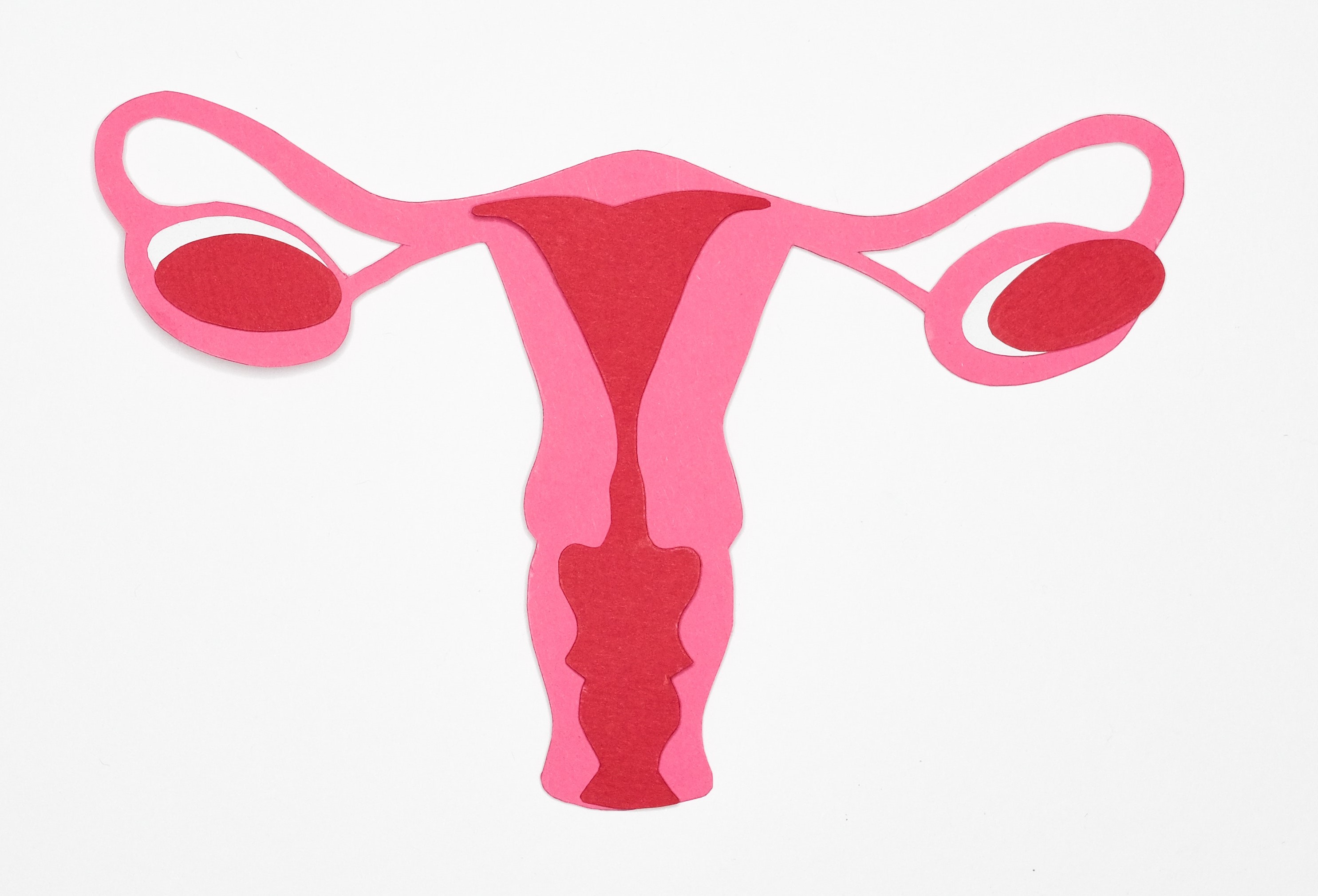QCGC Research has recently published a new paper relating to its feMMe trial that offers novel insights into the treatment preferences and decision-making process of women with newly diagnosed early-stage endometrial cancer (EAC) or endometrial hyperplasia with atypia (EHA) when offered non-surgical treatment options.
This project explored the patient experience of 21 women who were part of the feMMe trial and received conservative (non-surgical) treatment for EAC or EHA using the levonorgestrel intrauterine device (LNG-IUD).
The aim of this study was to obtain an in-depth understanding of the experience of women who received non-surgical treatment for EAC or EHA, to enhance our understanding of women’s experiences of non-surgical treatment, essential to guide and better support the growing number of patients in this field.
The findings shared included:
 Most participants in the qualitative interviews expressed appreciation for being given a conservative treatment option.
Most participants in the qualitative interviews expressed appreciation for being given a conservative treatment option. - Women with early-stage EAC and EHA have extensive unmet information and support needs.
- Physical and emotional impact of overweight, obesity and multiple unsuccessful weight loss attempts were reported.
The insights provided by this qualitative investigation will facilitate the development of practical guidance and decision support tools that could be taken forward in future clinical trials or translation into clinical practice.
To read the full paper, click here.

